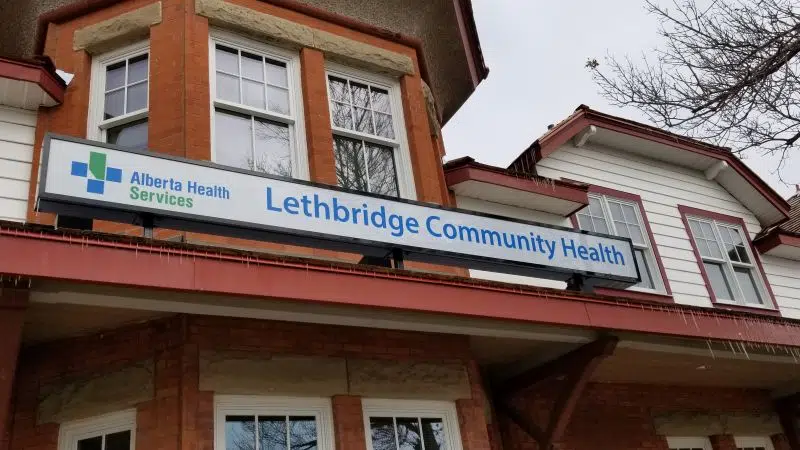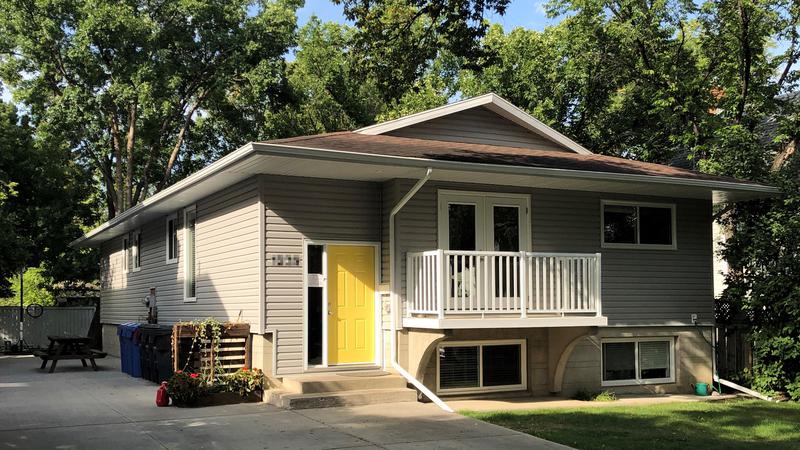
Whooping cough outbreak declared in west part of AHS South Zone, including Lethbridge
LETHBRIDGE, AB – Alberta Health Services has officially declared an outbreak of whooping cough in the western part of the AHS South Zone.
This includes the communities of Lethbridge, Raymond and Lethbridge County and comes after 11 new cases of whooping cough, known medically as pertussis, were confirmed over a week ago.
Last week, Dr. Vivien Suttorp, the AHS South Zone’s lead Medical Health Officer said she was concerned but had decided to not yet declare an outbreak. That has since changed.
READ MORE: Doctor worried about whooping cough cases, but no community outbreak declared


